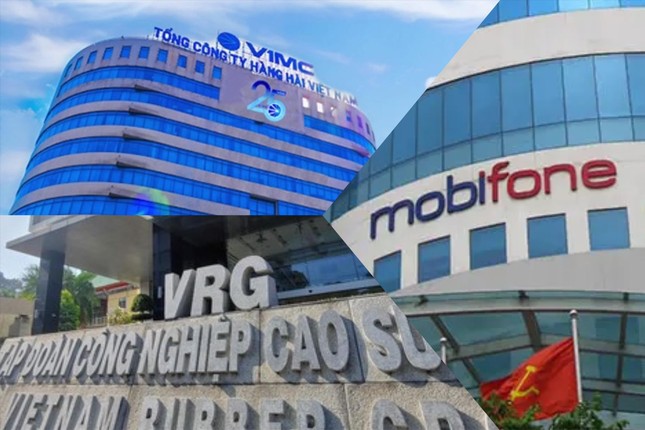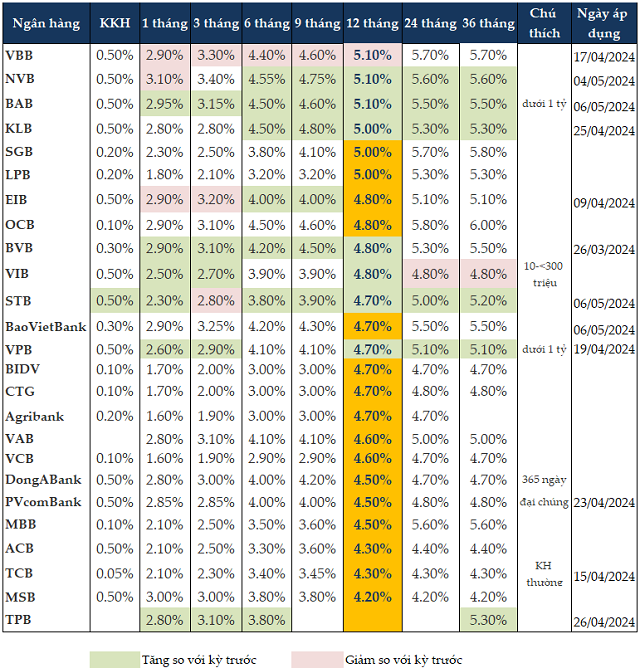According to the Ministry of Planning and Investment (MPI), the revenue from divestment in these 3 companies is necessary to meet the requirement of the National Assembly to generate 248 trillion dong from equitization and divestment to serve investment and development expenditures in the period of 2021-2025.
Regarding the restructuring plan of VIMC, MobiFone, and VRG, the MPI stated that the related ministries and sectors have provided comments and suggestions. The majority of opinions are in favor of and agree with the divestment proposal.
However, there are still concerns and difficulties in the valuation, enterprise value determination, as well as the roles and fields that these state-owned enterprises are holding.

The expected revenue from state divestment and the restructuring of VIMC, MobiFone, and VRG is estimated to be around 40,000 – 50,000 billion dong.
With regard to VIMC, the MPI agrees with the State Capital Management Committee and proposes to include it in a separate plan for the period 2023-2025, in which the state will hold over 65% of the charter capital. The reduction of ownership percentage will be carried out through issuing stocks and increasing charter capital, without additional contribution from the state. The State Capital Management Committee will coordinate with the Ministry of Finance to develop specific plans and report to the Prime Minister.
The MPI points out that maintaining 100% state capital in MobiFone is unnecessary since this company mainly engages in commercial activities and does not fulfill political and national security and defense tasks.
In the case of MobiFone, the Ministry of Information and Communications, the Ministry of Labor – Invalids and Social Affairs, and the Ministry of Home Affairs agree with the divestment plan.
The Ministry of Justice and the Ministry of Finance do not express their opinions, while the State Capital Management Committee continues to propose that the equitization of MobiFone be not implemented in the period 2023-2025. The committee cites difficulties in determining the enterprise value and finding strategic investors.
Meanwhile, the MPI emphasizes that maintaining 100% state capital in MobiFone is unnecessary since this company mainly engages in commercial activities and does not fulfill political and national security and defense tasks. MobiFone has a modern and highly efficient governance system, and based on that, it has the potential to attract domestic and foreign investors when it goes public.
Based on this, the MPI proposes to proceed with the equitization of MobiFone. To ensure feasibility and flexibility in the implementation, the MPI plans to add provisions in the draft decision regarding the extension of the implementation period for companies that fail to determine enterprise value in 2025.
For VRG, the MPI agrees with the State Capital Management Committee on the possibility of divestment encountering difficulties and obstacles. However, it is necessary to proceed and implement it in this period to make good preparations for the period 2026-2040.
Similarly to MobiFone, VRG is a large-scale company that is entrusted with managing a large area of land. Therefore, the MPI plans to stipulate in the draft decision the extension of the time to complete the divestment.











































